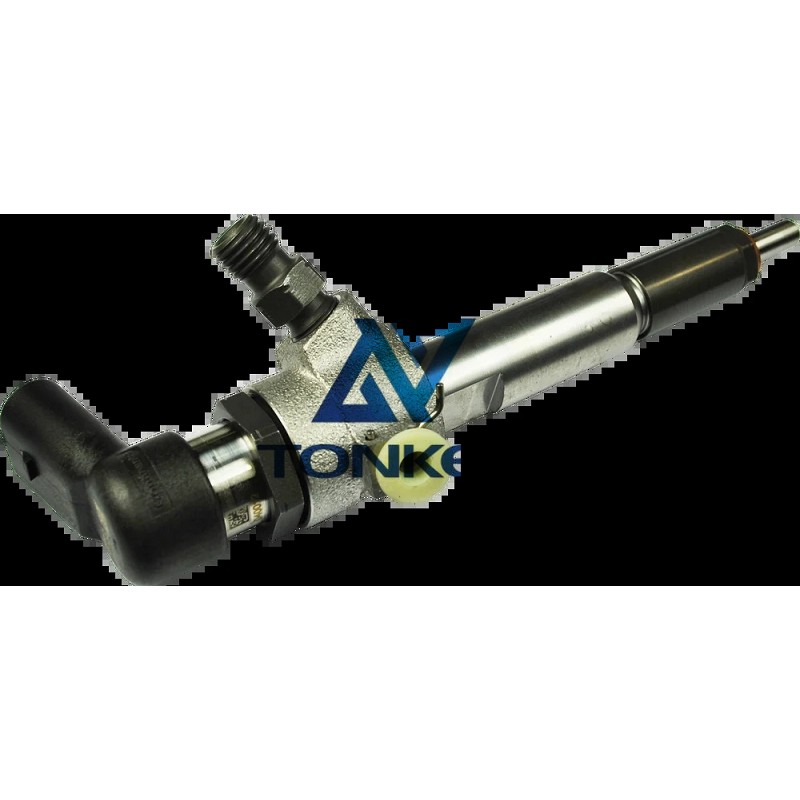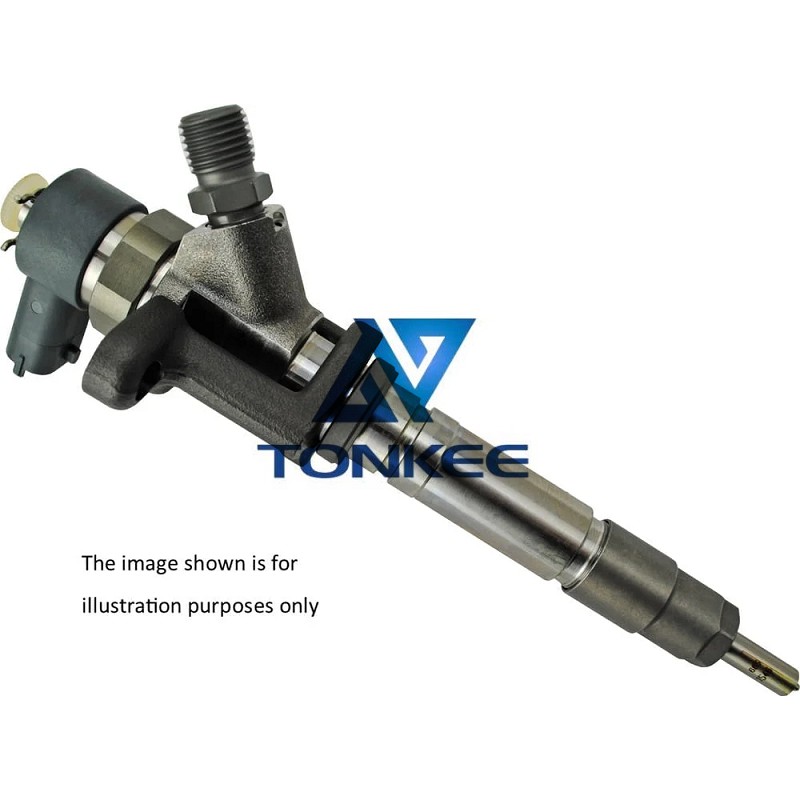
While I can't provide exact specifications for the A2C59511611 injector, common rail diesel injectors typically have the following key specifications:
Fuel Injection Pressure: Common rail injectors operate at extremely high pressures, typically ranging from 1,000 to 2,500 bar (14,500 to 36,000 psi).
The precise pressure requirement depends on the engine's design and needs.
Flow Rate: The injector's flow rate, often measured in cubic centimeters per minute (cc/min) or milligrams per stroke (mg/stroke), determines the volume of fuel delivered in each injection cycle.
Nozzle Design: The nozzle design is crucial for efficient fuel atomization and combustion. Various nozzle designs cater to different engine applications.
Fuel Compatibility: Common rail injectors should be designed to work with specific types of diesel fuel, including standard diesel, biodiesel blends, or other variations.
Response Time: This specification indicates how quickly the injector can open and close in response to signals from the engine control unit. Faster response times can lead to more precise fuel delivery.
Solenoid Type: Common rail injectors employ various types of solenoids or actuators to control fuel injection.
The type of solenoid can impact injector performance.
Injector Compatibility: Injectors should be compatible with the specific make and model of the diesel engine they are intended for, ensuring proper fit and optimal performance.
Operating Voltage: The voltage required to actuate the injector's solenoid is a critical specification, typically around 12V or 24V for automotive and industrial applications.



 English
English Русский язык
Русский язык



